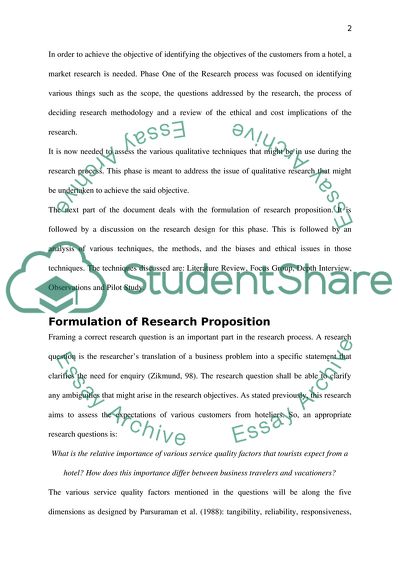Cite this document
(Expectations of Customers of the Hotel Sector Case Study - 1, n.d.)
Expectations of Customers of the Hotel Sector Case Study - 1. Retrieved from https://studentshare.org/tourism/1726788-market-research
Expectations of Customers of the Hotel Sector Case Study - 1. Retrieved from https://studentshare.org/tourism/1726788-market-research
(Expectations of Customers of the Hotel Sector Case Study - 1)
Expectations of Customers of the Hotel Sector Case Study - 1. https://studentshare.org/tourism/1726788-market-research.
Expectations of Customers of the Hotel Sector Case Study - 1. https://studentshare.org/tourism/1726788-market-research.
“Expectations of Customers of the Hotel Sector Case Study - 1”, n.d. https://studentshare.org/tourism/1726788-market-research.


